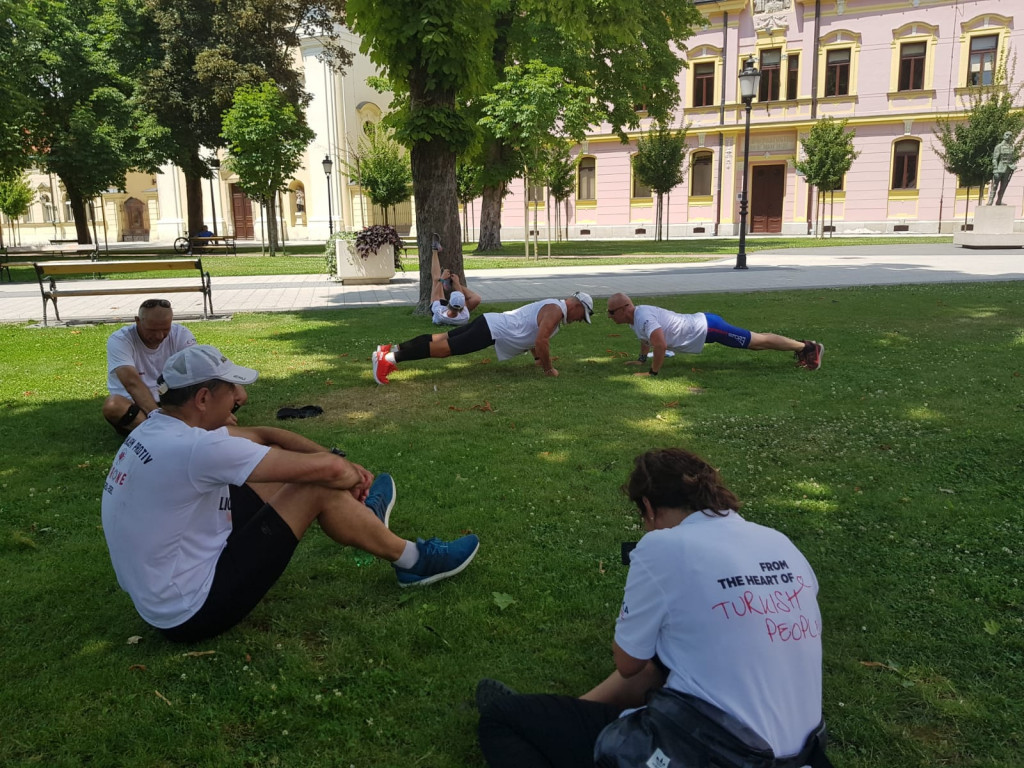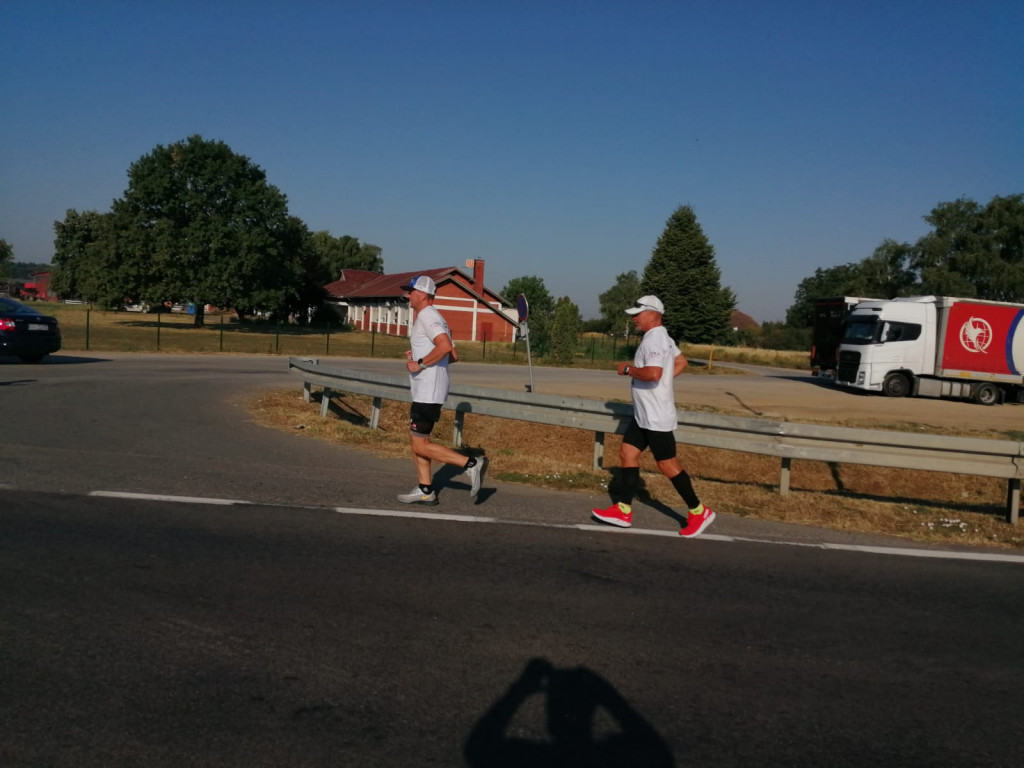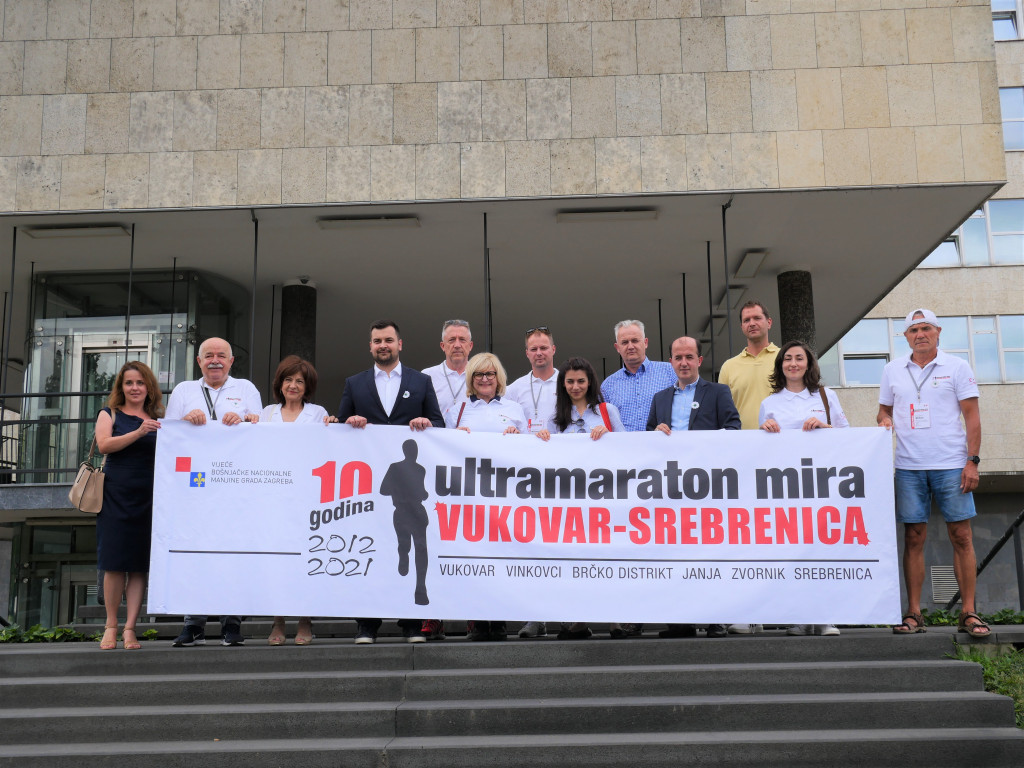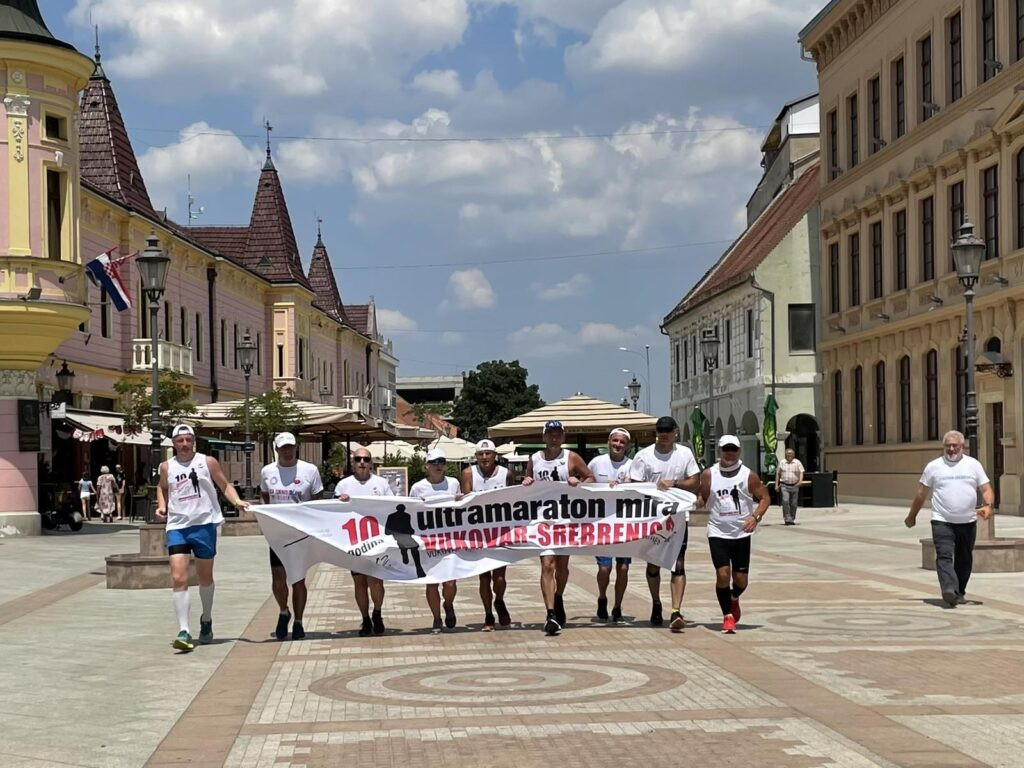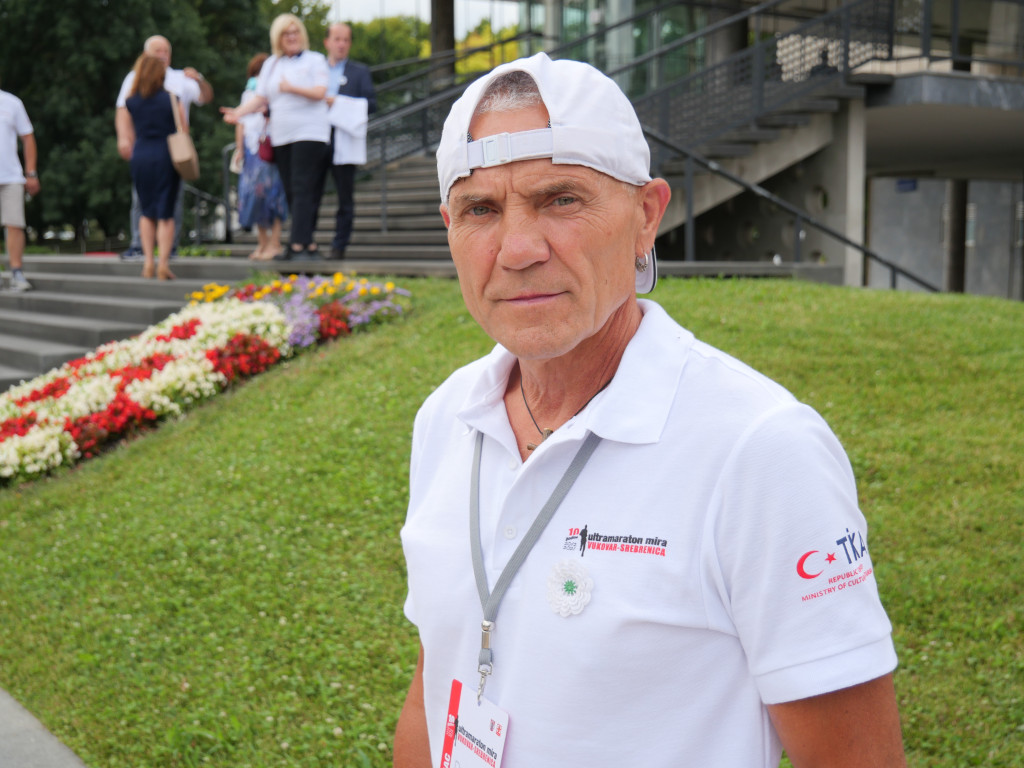News
16 July 2021TİKA Supports the Commemorations of the Srebrenica Genocide in Croatia
The 10th “Vukovar-Srebrenica Marathon” started in Zagreb, the capital of Croatia, as part of the commemorations of the Srebrenica Genocide, which took place in Bosnia and Herzegovina in July 1995 during the Bosnian War.
The 10th “Vukovar-Srebrenica Marathon” started in Zagreb, the capital of Croatia, as part of the commemorations of the Srebrenica Genocide, which took place in Bosnia and Herzegovina in July 1995 during the Bosnian War.
This year, Turkish Cooperation and Coordination Agency (TİKA) supports the marathon, which is held by the Council of the Bosniak National Minority of the City of Zagreb (VBNMGZ).
Armin Hodžić, President of VBNMGZ, stated that the participants would run for 225 kilometers from the Ovčara Memorial Cemetery in Vukovar, a city located in eastern Croatia where a massacre took place in 1991, to the Potočari Memorial Cemetery in Srebrenica on July 10. Noting that a participant from Serbia will participate in the last stage of the marathon, which consists of five stages, Hodžić said, “TİKA supports the marathon this year. The project binds two wounded nations together.”
Sedef Bulut, TİKA’s Zagreb Coordinator, stated that they shared the pain experienced by the people of Bosnia and Herzegovina and Croatia and that such projects brought together people who have been through similar tragedies around the world. 62-year-old Dusko Strbac, who participated in the marathon, remarked that he was running for those who lost their relatives in the war, and said, “For me, running is a way of praying. It is not difficult to run when you have a purpose. We have been preparing for this marathon for a year.”
In addition to Strbac; Drazen Cucic, Robert Kasumovic, and Elvir Rakipovic participated in the marathon, which was canceled last year due to the outbreak of novel coronavirus disease (COVID-19).
The events in Srebrenica and Vukovar began when Bosniak civilians sought refuge at a United Nations (UN) compound controlled by Dutch troops, after the occupation of Srebrenica, located in eastern Bosnia and Herzegovina, by Serbian forces under the command of Ratko Mladić on July 11, 1995. These civilians were later handed over to Serbians.
Serbians allowed women and children to reach the territory controlled by Bosniak forces while massacring more than 8,372 Bosniak men in forests, factories, and warehouses and buried them in mass graves. Victims whose bodies are discovered in mass graves as a result of the exhumation activities launched after the war are buried in the Potočari Memorial Cemetery on July 11 each year, after the identification process.
A total of 6,652 victims have been buried so far in the Potočari Memorial Cemetery, where 19 genocide victims will be buried this year. Bodies of more than 1,000 genocide victims could not be found even though it has been 26 years.
In the war that broke out after Croatia declared its independence from the former Yugoslavia in 1991, conflicts in Vukovar lasted from August to November of the same year.
The three-month siege of Vukovar by Yugoslav forces and Serbian paramilitary units ended with the occupation of the city. After the occupation of Vukovar, where Croatians make up the majority of the population, civilians were tortured, murdered, or exiled.
According to unofficial data, more than 3,000 people were killed in Vukovar, and thousands of people were taken to detention camps.
Next News
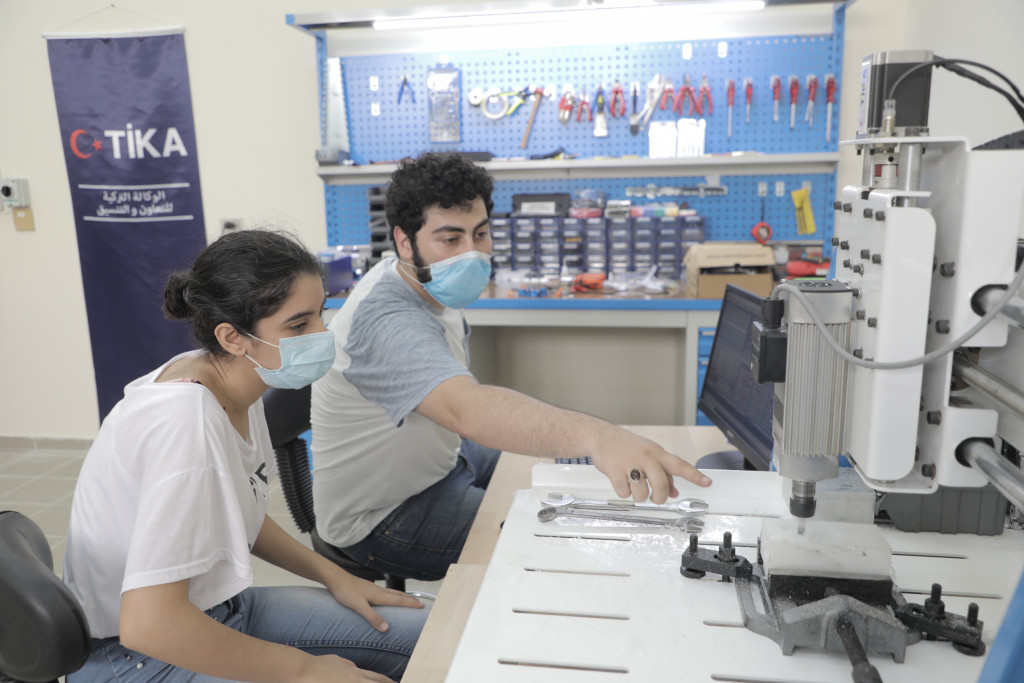
The Digital Fabrication Laboratory Built by TİKA in Lebanon Was Put into Service
The JAZARI LAB, a design and fabrication laboratory built by Turkish Cooperation and Coordination Agency (TİKA) within the Sidon Faculty of Technology at the Lebanese University, has been inaugurated. The project, which was developed by...
